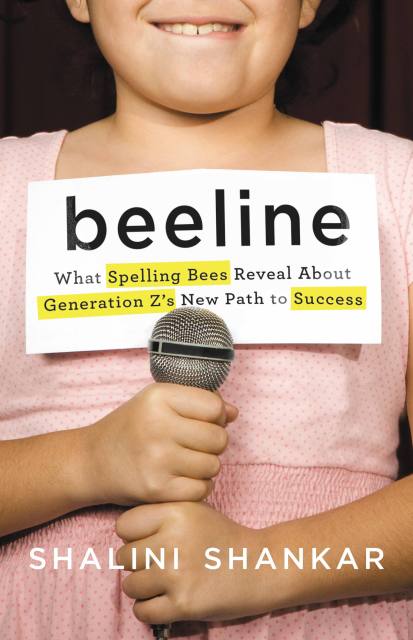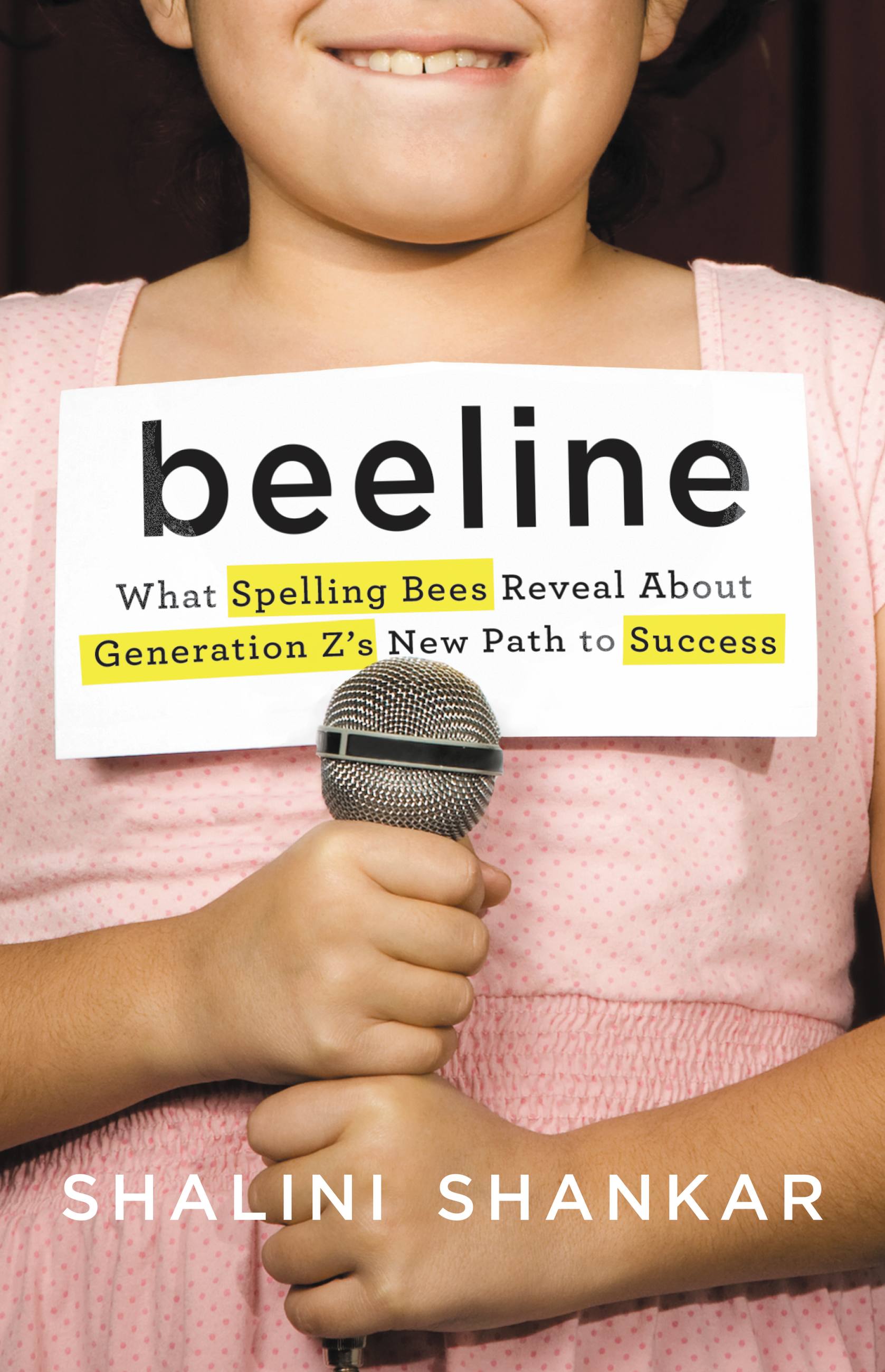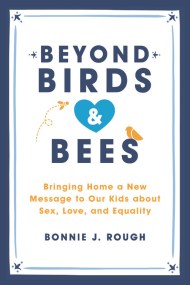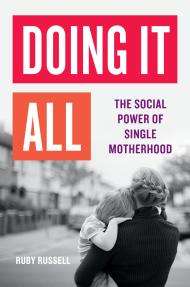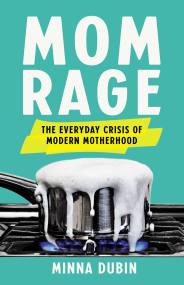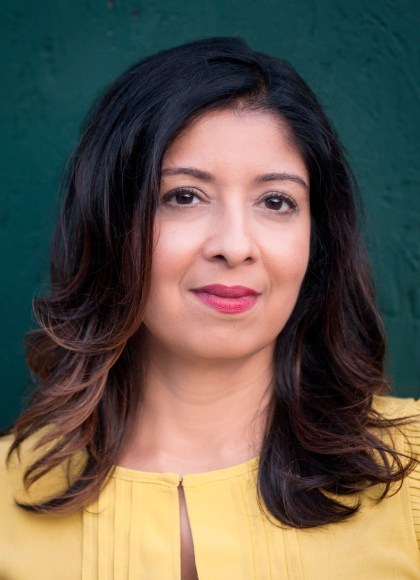By clicking “Accept,” you agree to the use of cookies and similar technologies on your device as set forth in our Cookie Policy and our Privacy Policy. Please note that certain cookies are essential for this website to function properly and do not require user consent to be deployed.
Beeline
What Spelling Bees Reveal About Generation Z's New Path to Success
Contributors
Formats and Prices
- On Sale
- Apr 30, 2019
- Page Count
- 336 pages
- Publisher
- Basic Books
- ISBN-13
- 9780465094530
Price
$17.99Price
$21.99 CADFormat
Format:
- ebook $17.99 $21.99 CAD
- Hardcover $30.00 $39.00 CAD
- Audiobook Download (Unabridged)
This item is a preorder. Your payment method will be charged immediately, and the product is expected to ship on or around April 30, 2019. This date is subject to change due to shipping delays beyond our control.
Buy from Other Retailers:
An anthropologist uses spelling bees as a lens to examine the unique and diverse traits of Generation Z–and why they are destined for success
At first glance, Generation Z (youth born after 1997) seems to be made up of anxious overachievers, hounded by Tiger Moms and constantly tracked on social media. One would think that competitors in the National Spelling Bee — the most popular brain sport in America — would be the worst off. Counterintuitively, anthropologist Shalini Shankar argues that, far from being simply overstressed and overscheduled, Gen Z spelling bee competitors are learning crucial twenty-first-century skills from their high-powered lives, displaying a sophisticated understanding of self-promotion, self-direction, and social mobility. Drawing on original ethnographic research, including interviews with participants, judges, and parents, Shankar examines the outsize impact of immigrant parents and explains why Gen Z kids are on a path to success.
At first glance, Generation Z (youth born after 1997) seems to be made up of anxious overachievers, hounded by Tiger Moms and constantly tracked on social media. One would think that competitors in the National Spelling Bee — the most popular brain sport in America — would be the worst off. Counterintuitively, anthropologist Shalini Shankar argues that, far from being simply overstressed and overscheduled, Gen Z spelling bee competitors are learning crucial twenty-first-century skills from their high-powered lives, displaying a sophisticated understanding of self-promotion, self-direction, and social mobility. Drawing on original ethnographic research, including interviews with participants, judges, and parents, Shankar examines the outsize impact of immigrant parents and explains why Gen Z kids are on a path to success.
Newsletter Signup
By clicking ‘Sign Up,’ I acknowledge that I have read and agree to Hachette Book Group’s Privacy Policy and Terms of Use
